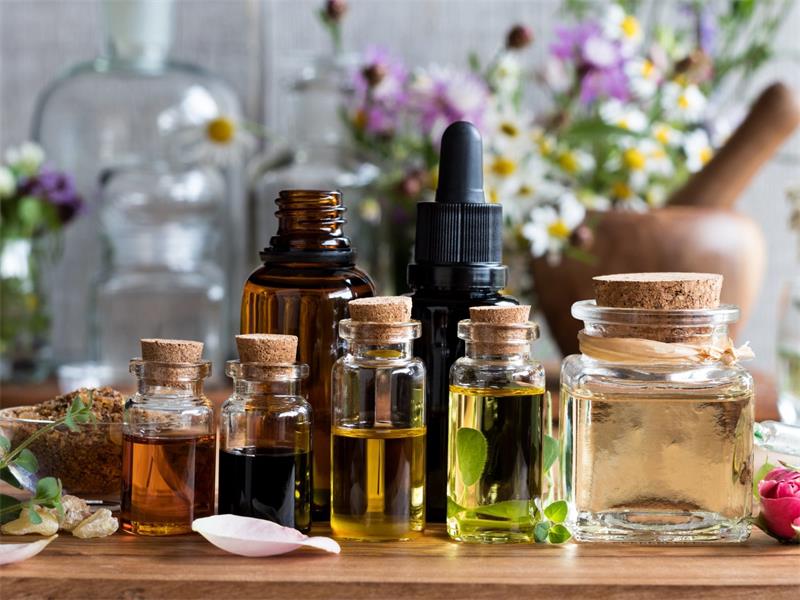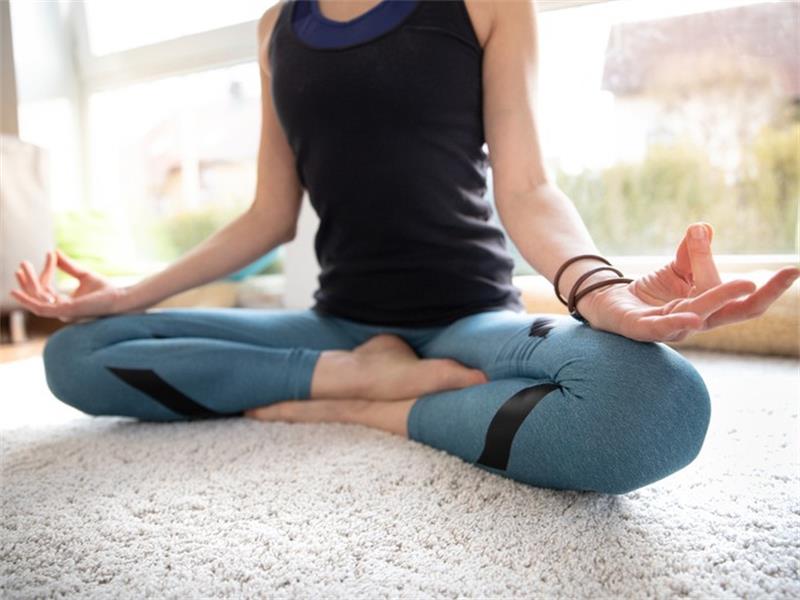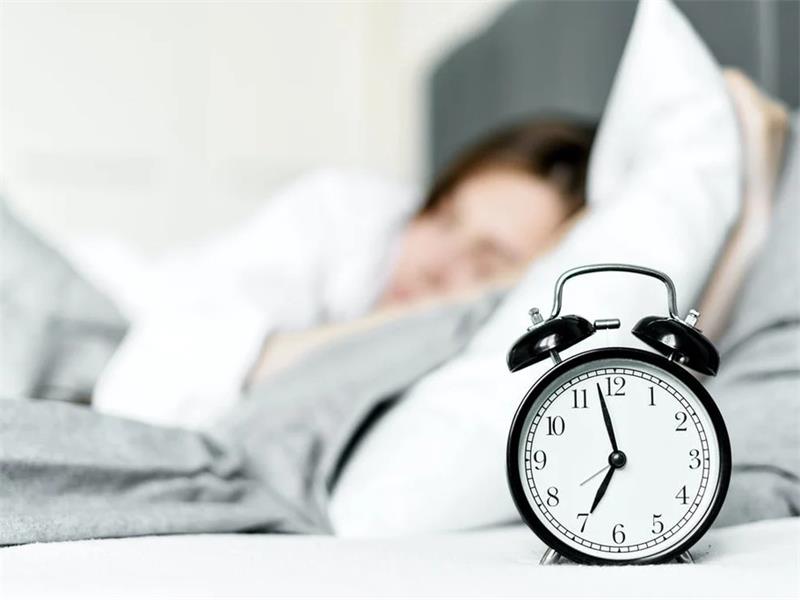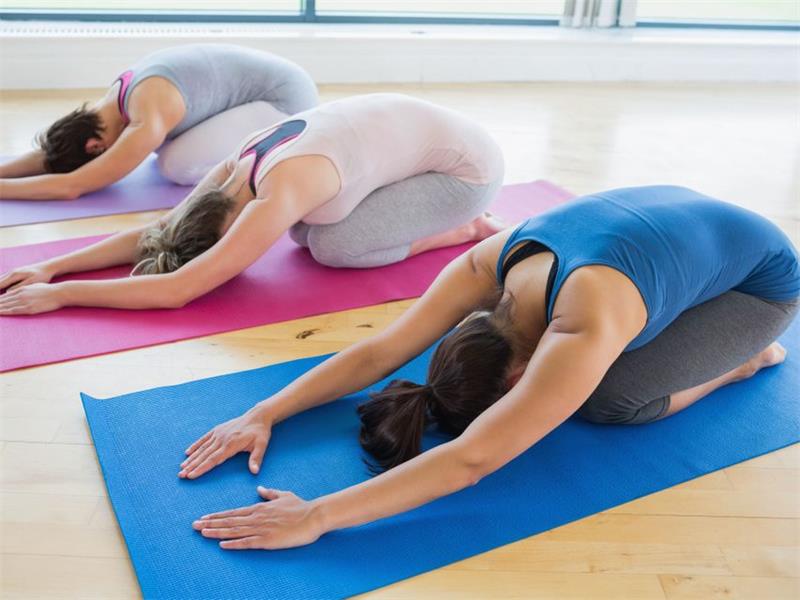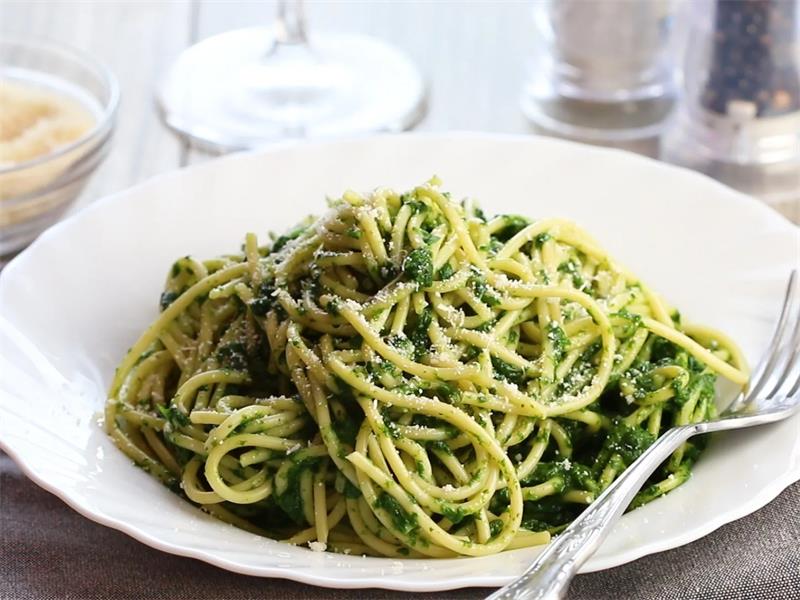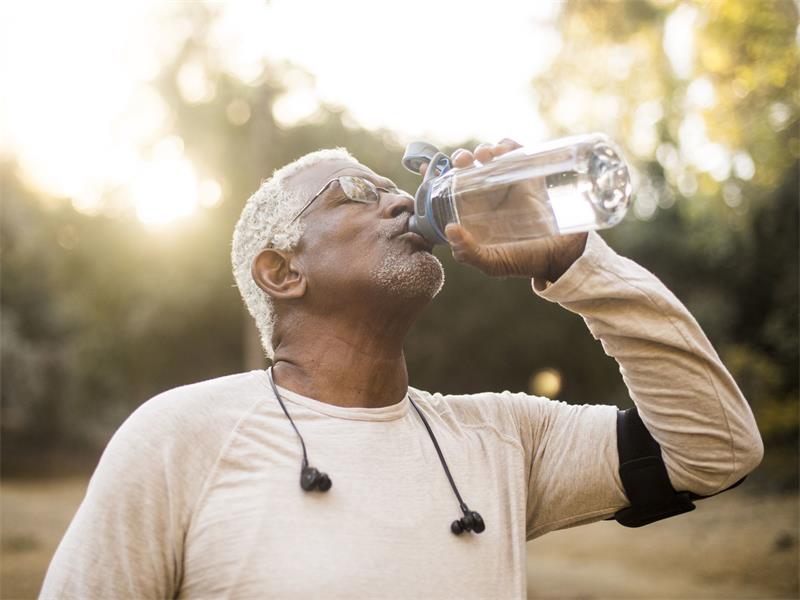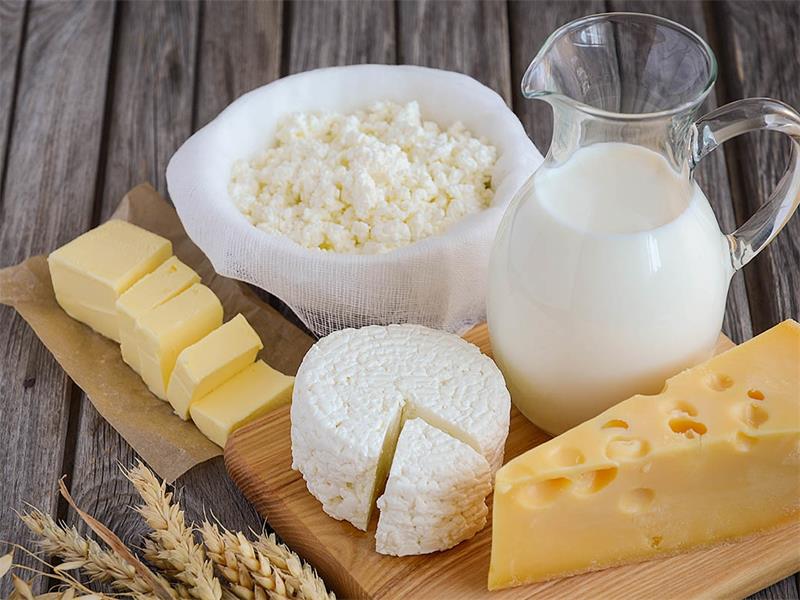Contents
The Power of Aromatherapy: How Scents Can Heal the Body and Mind
Aromatherapy, the practice of using essential oils extracted from plants for therapeutic purposes, has been gaining popularity in recent years as people look for natural alternatives to traditional medicine. From diffusers to bath salts, aromatherapy products are widely available and used to promote physical and mental well-being. The origins of aromatherapy can be traced back to ancient civilizations such as Egypt, Greece, and China where plant oils were used for medicinal purposes.
Today, aromatherapy is a holistic healing practice that utilizes essential oils to promote relaxation, reduce stress levels, boost mood and energy levels, enhance cognitive function and improve overall health. Aromatherapy works by stimulating the olfactory system or sense of smell which has a direct connection with the brain’s limbic system where emotions and memories are processed.
The scent molecules are absorbed into the bloodstream through inhalation or skin absorption during massage therapy or bath soaks. Once in the bloodstream, they interact with cells throughout the body promoting healing on both physical and mental levels.
In addition to benefiting individuals suffering from anxiety disorders or depression or other physical conditions such as poor digestion or respiratory ailments, aromatherapy can also stimulate creativity and imagination. Stay tuned for more on how this ancient healing technique can help heal your body from within while leaving you feeling calm throughout your day!
Benefits for Physical Health
Relieving Pain and Inflammation
Are you tired of taking over-the-counter painkillers every time your muscles ache or joints swell? Aromatherapy may be your new best friend. Essential oils like peppermint, lavender, and ginger have anti-inflammatory properties that can help reduce pain and swelling in the body.
Peppermint oil contains menthol, which acts as a natural analgesic (pain reliever) by numbing the affected area. Lavender oil has sedative effects that soothe sore muscles and joints, while ginger oil is a powerful anti-inflammatory agent that reduces inflammation caused by arthritis.
Boosting Immunity and Fighting Infections
Essential oils also have antimicrobial properties that can help fight infections and boost the immune system. Tea tree oil is well-known for its ability to kill bacteria, viruses, and fungi on contact.
Eucalyptus oil has antiviral and antibacterial properties that make it useful for treating respiratory infections like colds, flu, and bronchitis. Lemon oil is another potent antimicrobial agent that can protect against bacterial infections such as pneumonia.
Improving Digestion and Reducing Nausea
If you suffer from digestive problems like bloating, constipation, or nausea, aromatherapy may provide some relief. Peppermint oil is one of the best essential oils for digestive issues because it relaxes the muscles in the digestive tract and stimulates bile flow to improve digestion.
Ginger oil also aids digestion by increasing stomach acid secretion and reducing intestinal inflammation. If you’re feeling nauseous or dizzy from motion sickness or chemotherapy treatments, inhaling peppermint or ginger essential oils can help alleviate symptoms quickly.
Enhancing Sleep Quality
Are you struggling to get a good night’s sleep? Aromatherapy can help calm your mind and promote restful sleep. Lavender oil is the most popular essential oil for sleep because it has a calming effect on the nervous system, reducing anxiety and tension.
Roman chamomile oil is another sedative oil that can help relax the mind and body before bedtime. Bergamot oil has mood-boosting properties that can improve mood and reduce stress, leading to better sleep quality.
Benefits of Mental Health
Aromatherapy is not only beneficial for physical health but also for mental health. Many essential oils have been found to have a positive impact on reducing stress, anxiety and depression. Lavender oil is a popular choice that has been shown to have calming effects on the nervous system.
It can help reduce feelings of anxiety and improve sleep quality by promoting relaxation. Another essential oil that has mood-boosting properties is citrus.
Lemon, orange and grapefruit oils are great choices for their uplifting and energizing qualities. They can help alleviate symptoms of depression by promoting feelings of happiness and positivity.
In addition to reducing stress and anxiety, aromatherapy can also improve focus and concentration. Rosemary oil is known for its ability to enhance cognitive function by increasing alertness and improving memory retention.
It’s a great option to use during study sessions or work hours when you need an extra boost of productivity. PTSD symptoms can be debilitating for those who suffer from it.
Aromatherapy has been shown to have a positive impact on reducing the severity of PTSD symptoms such as nightmares, flashbacks, and anxiety-related issues. Essential oils such as frankincense promote relaxation which helps in calming down the mind thus alleviating PTSD symptoms.
Overall, aromatherapy offers a wide range of benefits that extend beyond physical health into the realm of mental well-being too! From reducing stress levels to boosting mood- there’s an essential oil out there that can help with any problem you might be facing!
Types of Essential Oils
Essential oils are concentrated plant extracts that contain the natural fragrance and healing properties of a plant. There are hundreds of different essential oils, each with its unique scent and benefits. When it comes to aromatherapy, some essential oils are more commonly used than others.
Lavender for Relaxation
Lavender is perhaps the most popular essential oil for relaxation and stress relief. It has a sweet, floral scent that can calm both the mind and body.
Studies have shown that lavender oil can help reduce anxiety, improve sleep quality, and even lower blood pressure. One way to use lavender oil is by adding a few drops to your bathwater or shower gel before bed.
Another option is to diffuse it in your bedroom using an aromatherapy diffuser. You can also mix lavender oil with a carrier oil like coconut or jojoba oil for a relaxing massage.
Peppermint for Headaches
Peppermint essential oil has a cooling sensation that can help relieve headaches and migraines. Its menthol content can also improve circulation and reduce inflammation in the body. Peppermint is often used in topical pain relief products like muscle rubs and balms.
To use peppermint oil for headaches, you can apply it topically to your temples or forehead after diluting it with a carrier oil like almond or olive oil. Alternatively, you can inhale peppermint oil by adding a few drops to hot water or using an aromatherapy diffuser.
Eucalyptus for Respiratory Issues
Eucalyptus essential oil has a sharp minty scent that is known for its ability to open up airways and relieve congestion. It contains compounds called cineole which have anti-inflammatory properties that make it effective against respiratory infections such as bronchitis, sinusitis, and pneumonia.
To use eucalyptus oil for respiratory issues, you can diffuse it in an aromatherapy diffuser or add a few drops to hot water for inhalation. You can also apply it topically after diluting it with carrier oil to your chest or throat area.
Tea Tree for Skin Conditions
Tea tree oil is a popular natural remedy for skin conditions such as acne, eczema, and psoriasis. It has antiseptic properties that can help kill bacteria on the skin and reduce inflammation.
Tea tree oil is also effective against fungal infections like athlete’s foot and toenail fungus. To use tea tree oil for skin conditions, you can mix a few drops with a carrier oil like coconut or jojoba oil before applying it directly to the affected area.
You can also add tea tree oil to your body wash or shampoo for added benefits. However, be cautious not to overuse tea tree oil as it may cause irritation if used undiluted or in large amounts.
How to Use Aromatherapy at Home
Aromatherapy can be used in many ways to reap its benefits. Here are some of the most popular methods:
Diffusers
A diffuser is a device that disperses essential oils into the air. There are different types of diffusers available, such as ultrasonic, nebulizing, and heat diffusers.
Ultrasonic diffusers use water to disperse the oil, while nebulizing diffusers break down the oil into tiny particles and release them into the air. Heat diffusers use heat to evaporate the oil.
To use a diffuser, fill it with water and add a few drops of essential oil (depending on the size of your room). Then turn it on and enjoy the aroma.
Candles and Sprays
Aromatherapy candles are made from natural ingredients such as beeswax or soy wax infused with essential oils. They not only provide a pleasant scent but also have therapeutic effects.
Sprays work similarly to candles but are more versatile because they can be sprayed on linens, furniture, or even directly onto your skin. When using candles or sprays, make sure to choose high-quality products made from natural ingredients and avoid those with synthetic fragrances.
Bath Salts and Massage Oils
Bath salts contain essential oils that help relax muscles and relieve stress. To use them, add a handful of bath salts to warm bathwater before soaking for 20-30 minutes.
Massage oils also contain essential oils that can help alleviate pain and reduce inflammation when massaged into sore muscles or joints. When using bath salts or massage oils, make sure to follow the instructions carefully and test for skin sensitivity before using them regularly.
Safety Precautions When Using Essential Oils
Essential oils are highly concentrated and potent, which means they should be used with caution. Here are some safety tips to keep in mind when using aromatherapy: – Always dilute essential oils before applying them to your skin.
This can be done by mixing them with a carrier oil such as coconut or almond oil. – Never ingest essential oils, even if they are labeled as safe for consumption.
– Keep essential oils out of reach of children and pets. – Avoid using certain essential oils during pregnancy or if you have certain medical conditions.
– Always store essential oils in a cool, dark place away from direct sunlight. By following these safety precautions, you can enjoy the benefits of aromatherapy without any negative effects.
Conclusion
Recap of the benefits of aromatherapy on physical and mental health
Aromatherapy offers a variety of benefits for both physical and mental health. Essential oils have been used for centuries to treat ailments, and their popularity has only increased in recent years.
Aromatherapy can provide relief from pain and inflammation, boost immunity, improve digestion and sleep quality, reduce stress, anxiety, and depression, increase focus and concentration, and reduce symptoms of PTSD, among other benefits. Essential oils like lavender are known for their relaxing properties while peppermint is an effective remedy for headaches.
Eucalyptus oil is beneficial for respiratory issues while tea tree oil can be used to treat skin conditions. With such a wide range of essential oils available today, there is undoubtedly one suited to your specific needs.
Encouragement to try it out as a natural alternative to traditional medicine
If you haven’t tried aromatherapy yet or are hesitant about using essential oils as an alternative treatment method; it’s worth giving it a chance. Unlike traditional medicine which may result in harmful side effects or dependency issues with prolonged use; aromatherapy provides a safe way to improve your overall well-being without any adverse effects.
There are several ways you can incorporate aromatherapy into your daily routine like using diffusers, candles or sprays at home; adding bath salts or massage oils during relaxation time, or even carrying around essential oil rollerballs for easy application on the go. So why not give this all-natural therapy a try?
You could start by trying out some popular essential oils like lavender or peppermint and see how it works for you. You might be surprised at just how much better you feel after embracing the magic of aromatherapy!

